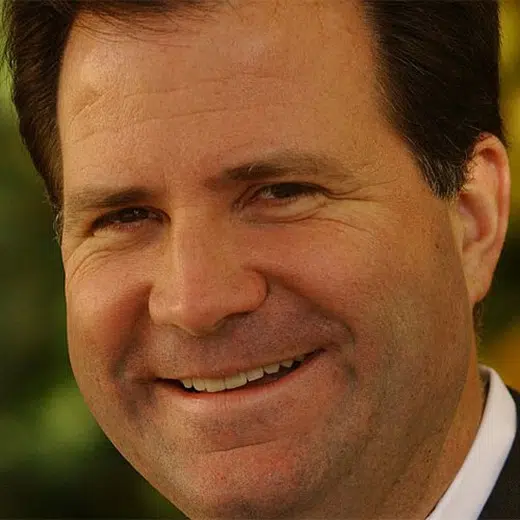WASHINGTON (Reuters) – U.S. passenger railroad Amtrak said on Wednesday that Chief Executive Bill Flynn will retire next month and be replaced by its president as it begins a big expansion of operations funded by Congress.
Flynn, 68, has overseen the railroad since April 2020 and steered it through the COVID-19 crisis and a massive falloff in demand. Amtrak President Stephen Gardner will succeed him effective Jan. 17, becoming the company’s fifth CEO since 2016.
Congress has approved $66 billion for rail as part of a massive infrastructure bill, with Amtrak receiving $22 billion and setting aside $36 billion for competitive grants.
Amtrak is adding service, upgrading key stations and has a contract with Siemens Mobility Inc to manufacture a new fleet of up to 83 multi-powered trains and options for up to 130 additional trains.
Flynn will continue as a senior adviser to Gardner and the company through Sept. 30, 2022.
Amtrak said on Tuesday it would suspend a vaccine mandate for employees and no longer expects to be forced to cut some service in January. It said 95.7% of its 17,000 employees were either fully vaccinated or had an accommodation, and cited a U.S. District Court decision halting enforcement of President Joe Biden’s executive order mandating vaccines for federal contractors by January.
Amtrak wants to expand dramatically across the United States and add up to 39 corridor routes and up to 166 cities by 2035. It hopes to serve 20 million additional people annually and has a plan to remake much of its major infrastructure, like tunnels and bridges in the New York City area.
The railroad, which received about $2 billion from Congress in the year before the pandemic, has been awarded $3.7 billion in emergency funding since March 2020 to address the COVID-19 demand collapse.
It is working to add 2,500 to 3,500 employees by late 2022.
Amtrak saw demand fall off substantially during COVID-19 and is now seeing about 70% of pre-pandemic volumes, Gardner said last week.
It had 12.2 million customer trips in the year ended Sept. 30, down from 16.8 million passengers in the prior budget year and 32.5 million in 2019, the last full year before the pandemic.
Gardner, 45, is a former senior staff member to the U.S Senate Commerce Committee.
(Reporting by David Shepardson; Editing by Peter Cooney)






